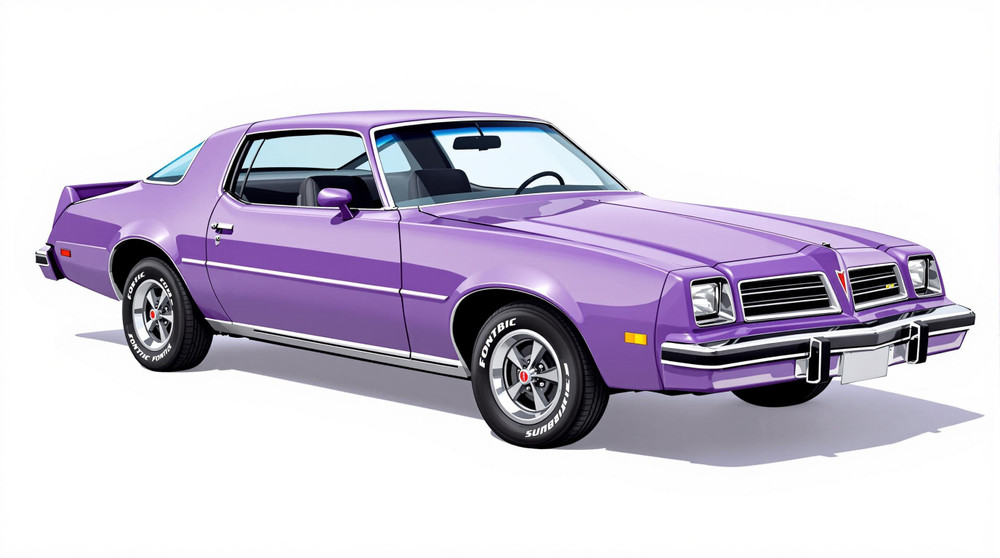Image of 1977 Pontiac Sunbird, Note: These illustrations use artistic license and may differ from actual historical models.
Performance Metrics
Fundamental Metrics
Emotional Appeal
MMP Rating
| Engine Specifications | |
|---|---|
| Engine: | 231 cu in (3.8 L) Buick V6, 305 cu in (5.0 L) Chevrolet V8 |
| Displacement: | 3.8L - 5.0L |
| Horsepower: | 110-145 hp |
| Torque: | 190-245 lb-ft |
| Compression Ratio: | 8.0:1 - 8.4:1 |
| Ignition System: | Electronic Ignition System |
| Cooling System: | Liquid-cooled |
| Performance Specifications | |
| 0-60 Time: | Estimated 10-12 seconds |
| 1/4 Mile Time: | Estimated 17-19 seconds |
| Top Speed: | 105-110 mph |
| Transmission and Drive | |
| Drive Type: | RWD (Rear Wheel Drive) |
| Transmission Type: | 3-speed automatic, 4-speed manual |
| Fuel and Efficiency | |
| Fuel System Type: | Carburetor |
| MPG: | 15-20 mpg |
| Dimensions and Brakes | |
| Brakes: | Front disc, rear drum |
| Wheelbase: | 97.0 in |
| Weight: | 3000-3200 lbs |
Note: Specifications for classic cars are given to the best of our ability, considering the limited and variant data available.
1977 Pontiac Sunbird: A Compact Marvel of the '70s
The 1977 Pontiac Sunbird stands as a testament to the era's quest for downsizing without compromising on style. Born from the stables of General Motors, this compact car was Pontiac's answer to the fuel crises of the 1970s, offering consumers a more economical yet still stylish alternative to the gas-guzzlers of the time. With its sleek lines and sporty demeanor, the Sunbird was not just a vehicle; it was a statement on wheels. One unique fact that car enthusiasts might find fascinating is that despite its modest size, the Sunbird shared design elements with its muscular sibling, the Firebird, giving it an unexpected edge in the compact segment.
Design and Innovation
The exterior of the 1977 Pontiac Sunbird was a harmonious blend of practicality and panache. Its long hood and short rear deck mimicked the proportions of classic muscle cars, while its smaller footprint made it ideal for navigating crowded city streets. The interior was surprisingly roomy for a compact car, with attention given to ergonomics and comfort. Materials ranged from basic vinyl to plush velour, catering to a wide range of tastes and budgets. Technologically, it featured innovations like rack-and-pinion steering—a rarity among American cars at that time. Color options were plentiful, with brighter hues like Carousel Red and Sundance Yellow catching buyers' eyes, reflecting the vibrant culture of the era. The Sunbird was available in several body styles, including coupe, sedan, and hatchback versions. However, it was the sporty coupe that captured hearts with its optional rear spoiler and rally wheels.
Historical Significance
The 1977 Pontiac Sunbird's impact on automotive design was subtle yet significant. It demonstrated that American manufacturers could produce smaller cars without sacrificing their brand's identity or aesthetic appeal. This model stood out for its ability to balance economy with excitement—a feat that many competitors struggled to achieve.
Performance and Handling
Underneath its hood, the Sunbird offered various engine options, including an economical four-cylinder and a more potent V6. While not a powerhouse by today's standards, the V6 variant could propel the Sunbird from 0-60 mph in a respectable timeframe for its class. Handling was nimble for a car of its time; drivers appreciated its responsiveness on twisty roads and its composure over uneven surfaces. The driving experience was engaging, with engine notes that hinted at Pontiac's performance heritage.
Ownership Experience
The 1977 Pontiac Sunbird served multiple roles—from daily commuting to weekend cruising—and even found its way onto local racetracks in amateur events. Maintenance was straightforward due to its simple mechanics and shared components with other GM models, making it a practical choice for hands-on owners.
Fun Facts
Intriguingly, some Sunbirds were modified by enthusiasts to create "mini muscle cars," complete with V8 swaps—a testament to their versatility. While not known for breaking records or dominating sales charts, this model did enjoy popularity among young buyers who valued both economy and style.
Collector's Information
Today, finding a well-preserved 1977 Pontiac Sunbird can be challenging but rewarding. Production numbers were substantial but not overly abundant; estimates suggest tens of thousands rolled off assembly lines. In terms of value range, well-maintained examples can fetch anywhere from $5,000 to $15,000 depending on condition and originality—indicating a steady appreciation among classic car enthusiasts.
Conclusion
The 1977 Pontiac Sunbird may not have rewritten history books but certainly left an indelible mark on them. It encapsulated an era's spirit while proving that small could indeed be beautiful—and fun. As we look back on this compact charmer from Pontiac's golden years, we're reminded that innovation often comes in modest packages.
1977 Pontiac Sunbird Catalog of Parts
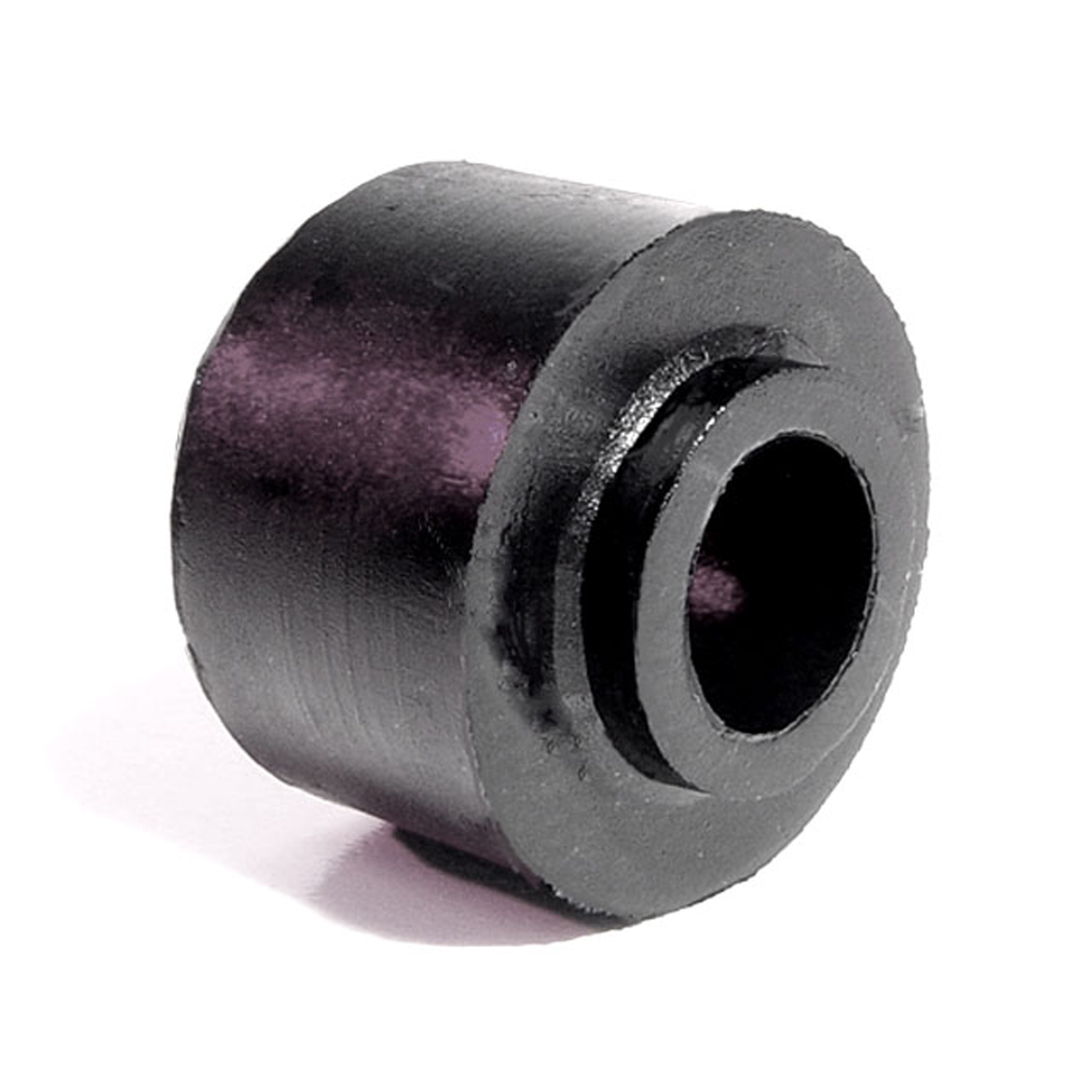 1977 Pontiac Sunbird Shock Absorber Grommet. 1" bottom O.D., 3/4" high-BN 1Shock Absorber Grommet. 1" bottom O.D., 3/4" high., with 7/16" I.D. Each
1977 Pontiac Sunbird Shock Absorber Grommet. 1" bottom O.D., 3/4" high-BN 1Shock Absorber Grommet. 1" bottom O.D., 3/4" high., with 7/16" I.D. Each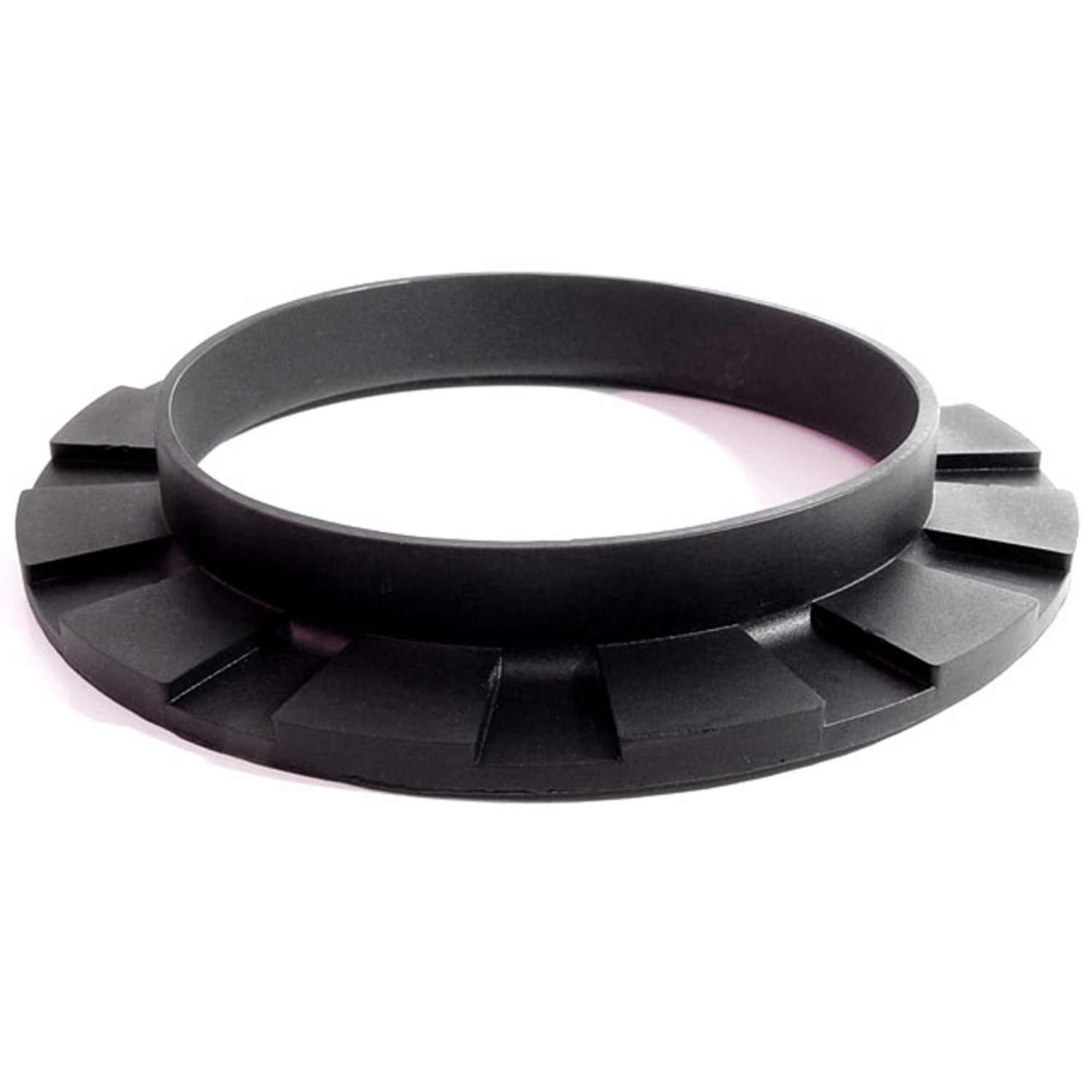 1977 Pontiac Sunbird Front coil-spring insulator-BN 110Front coil-spring insulator. Fits '41-'60 Oldsmobile and '50-'83 GM passenger models. 5-3/8 in. OD x 3-3/4 in. ID x 3/4 in. high with 13/16 in. wide bottom flange 1/4" thick, 12 flutes. Each.
1977 Pontiac Sunbird Front coil-spring insulator-BN 110Front coil-spring insulator. Fits '41-'60 Oldsmobile and '50-'83 GM passenger models. 5-3/8 in. OD x 3-3/4 in. ID x 3/4 in. high with 13/16 in. wide bottom flange 1/4" thick, 12 flutes. Each.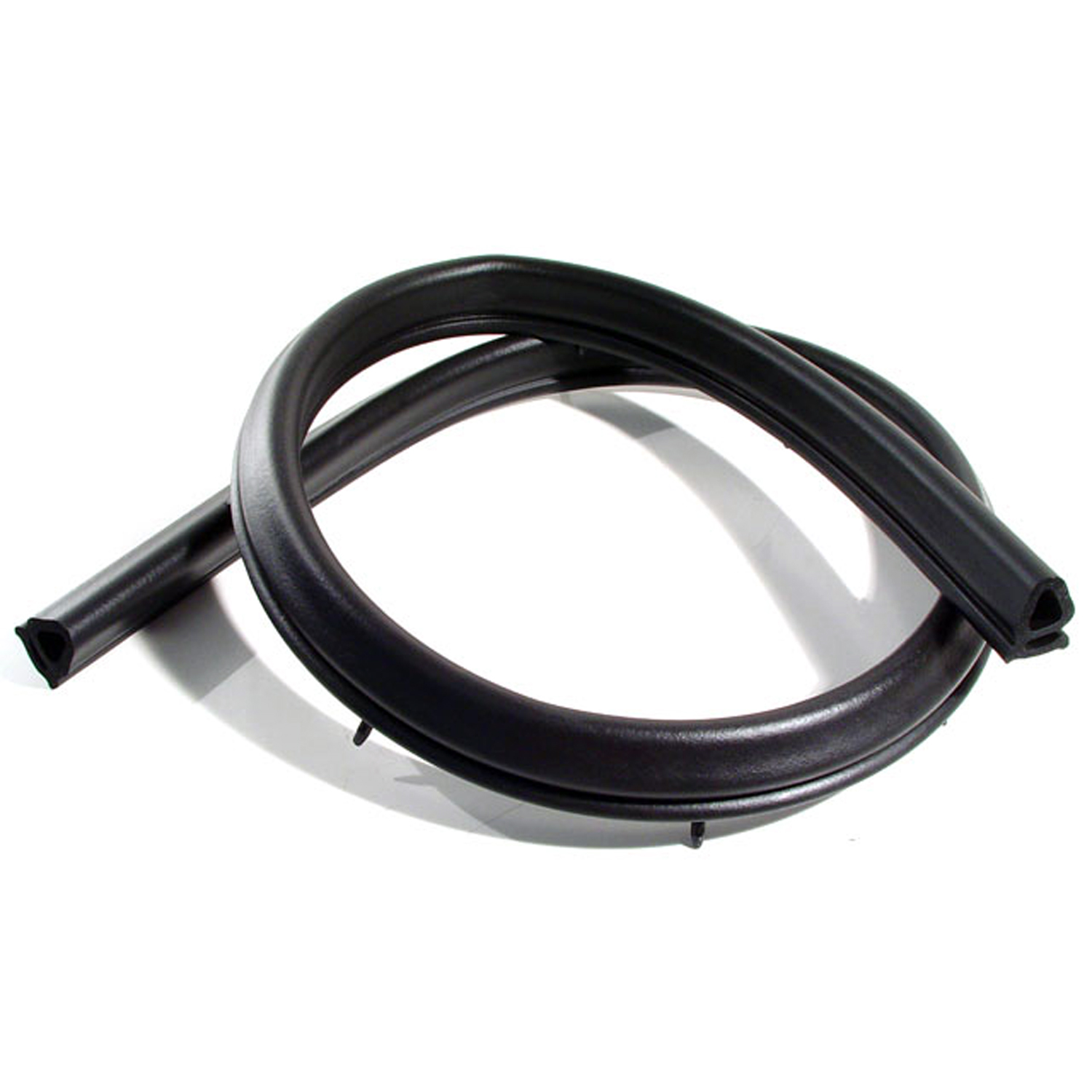 1977 Pontiac Sunbird Hood to Cowl Seal, 71-80 GM H Body, Each-CS 13-HHood to Cowl Seal, 71-80 GM H Body, Each. Replaces OEM # 9829415. 50" Long. Comes with five mounting clips.
1977 Pontiac Sunbird Hood to Cowl Seal, 71-80 GM H Body, Each-CS 13-HHood to Cowl Seal, 71-80 GM H Body, Each. Replaces OEM # 9829415. 50" Long. Comes with five mounting clips.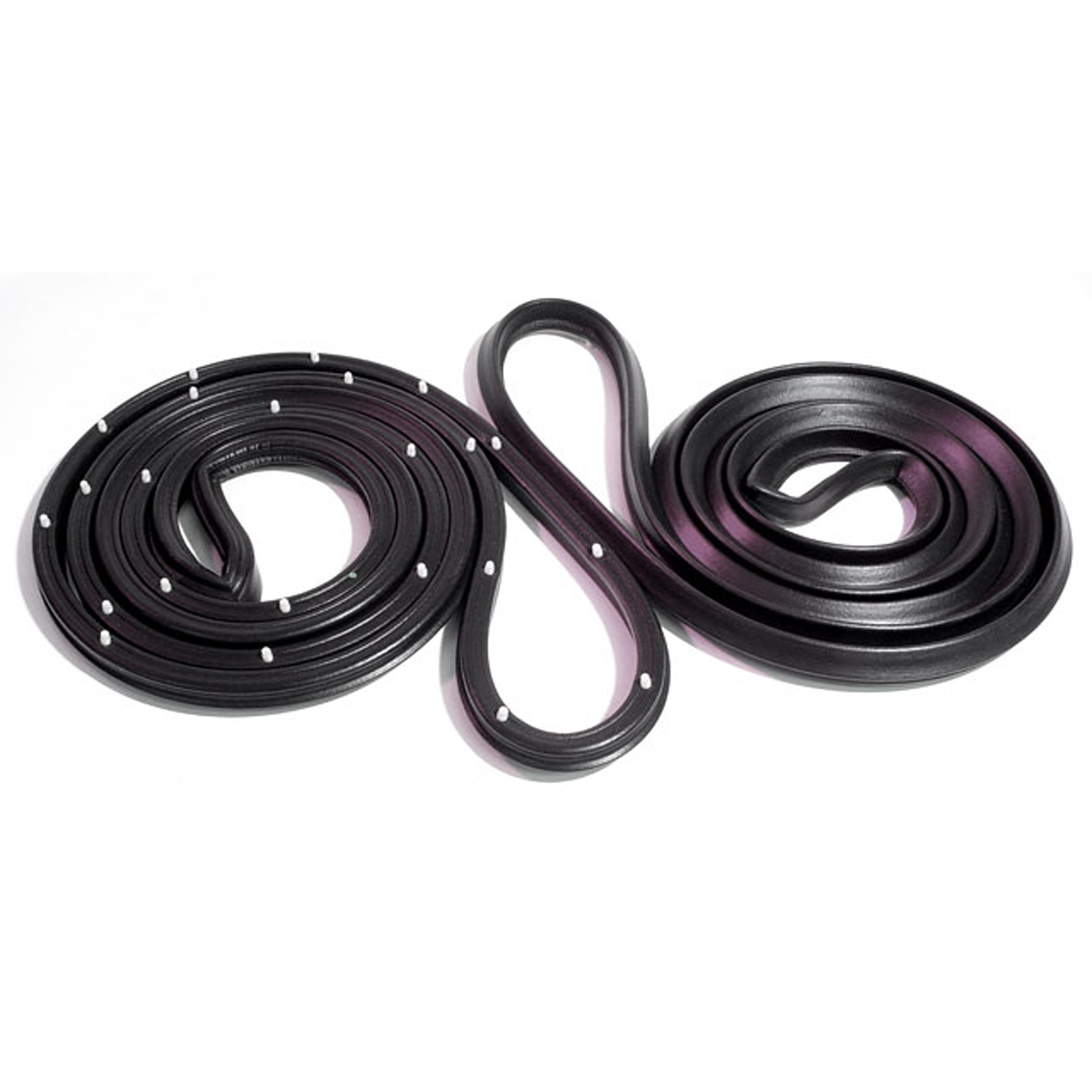 1977 Pontiac Sunbird Molded Door Seals for Hatchbacks. 151-1/2" long each-LM 13-MMolded Door Seals for Hatchbacks. 151-1/2" long each. Pair R&L
1977 Pontiac Sunbird Molded Door Seals for Hatchbacks. 151-1/2" long each-LM 13-MMolded Door Seals for Hatchbacks. 151-1/2" long each. Pair R&L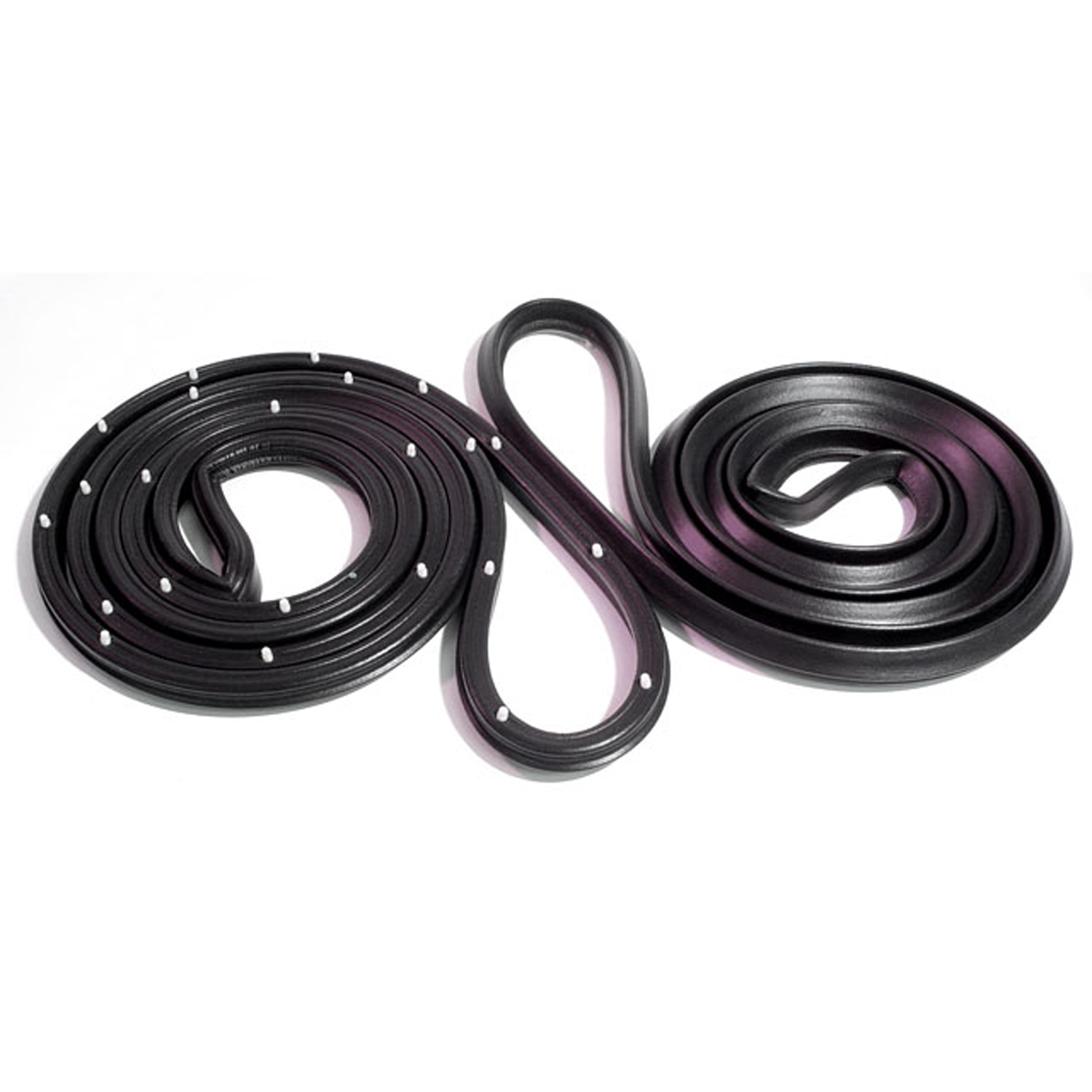 1977 Pontiac Sunbird Molded Door Seals for Coupes. 151" Long. Pair R&L-LM 13-NMolded Door Seals for Coupes. 151" Long. Pair R&L
1977 Pontiac Sunbird Molded Door Seals for Coupes. 151" Long. Pair R&L-LM 13-NMolded Door Seals for Coupes. 151" Long. Pair R&L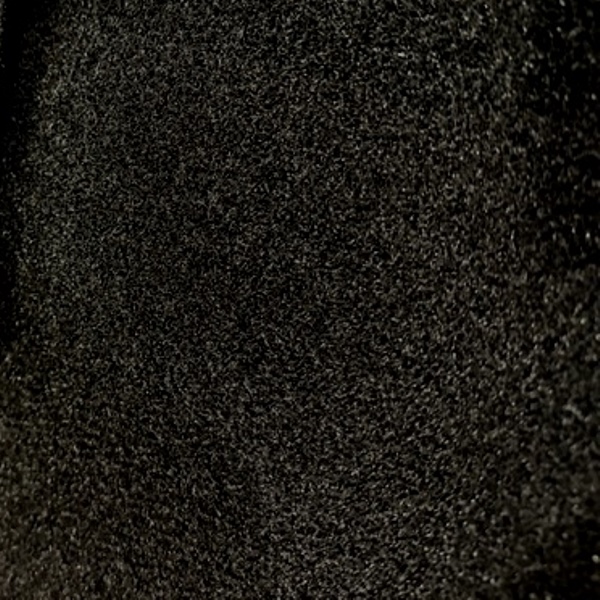 1977 Pontiac Sunbird Trunk Liner. Loose weave, jet black. 50" wide-M 30Trunk Liner. Loose weave, jet black. 50" wide. Sold by the foot
1977 Pontiac Sunbird Trunk Liner. Loose weave, jet black. 50" wide-M 30Trunk Liner. Loose weave, jet black. 50" wide. Sold by the foot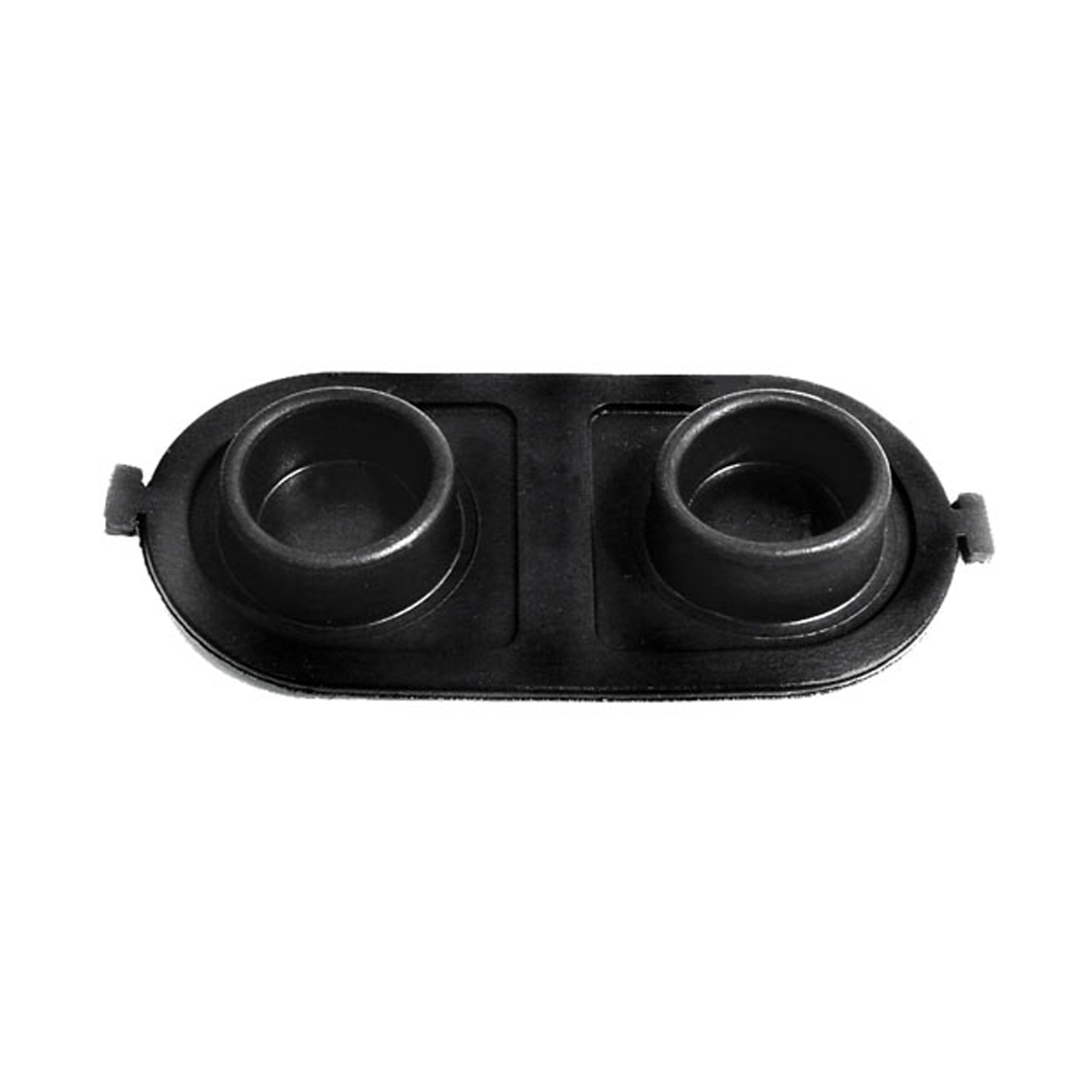 1977 Pontiac Sunbird Brake Master Cylinder Cover Seal. Replaces OEM #5470861-RP 2-EBrake Master Cylinder Cover Seal. Replaces OEM #5470861. 5" X 2-1/2". Each
1977 Pontiac Sunbird Brake Master Cylinder Cover Seal. Replaces OEM #5470861-RP 2-EBrake Master Cylinder Cover Seal. Replaces OEM #5470861. 5" X 2-1/2". Each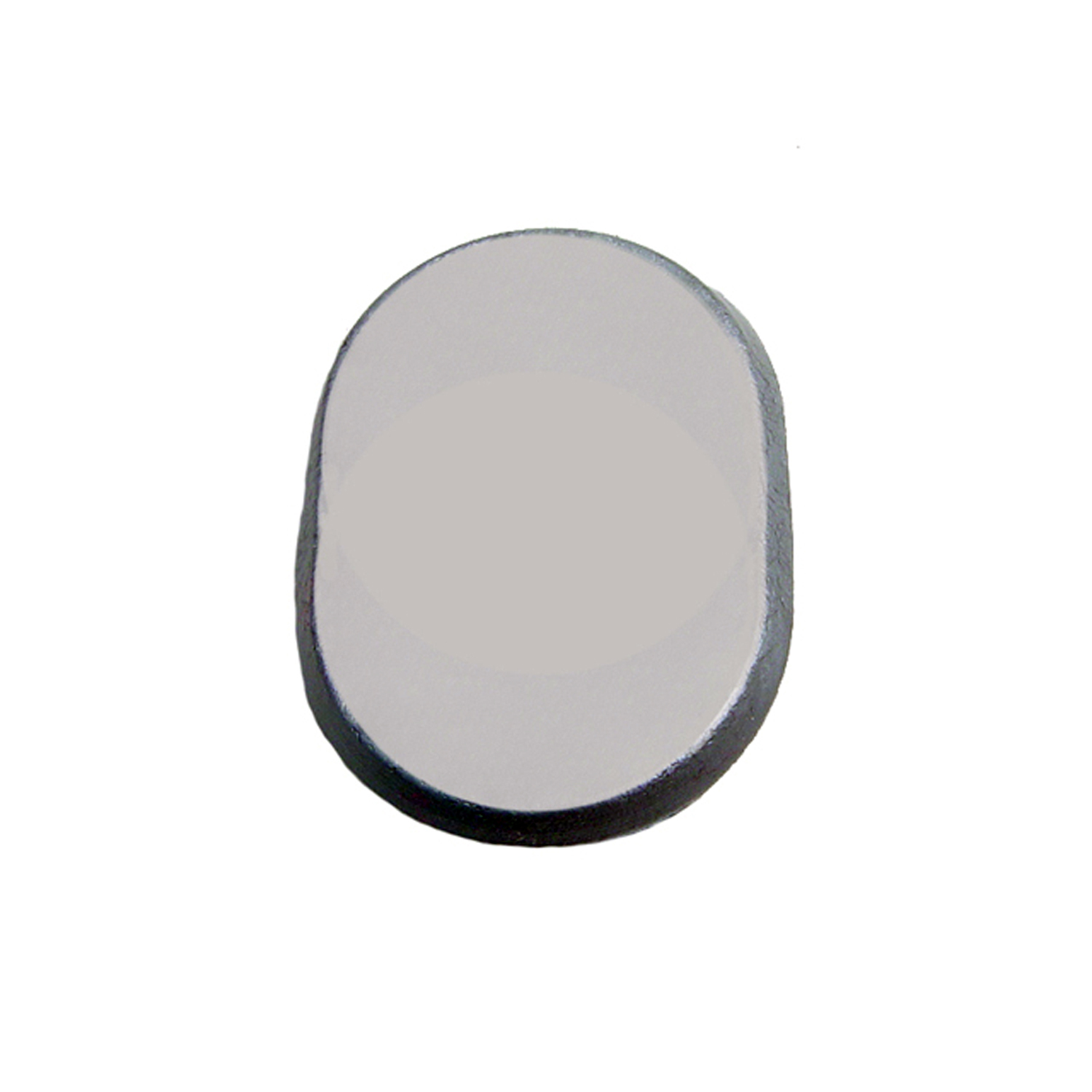 1977 Pontiac Sunbird Hole Plug for Front Door Inner Panel Access Hole-SM 81Hole Plug for Front Door Inner Panel Access Hole. 1-1/2" X 1". Each
1977 Pontiac Sunbird Hole Plug for Front Door Inner Panel Access Hole-SM 81Hole Plug for Front Door Inner Panel Access Hole. 1-1/2" X 1". Each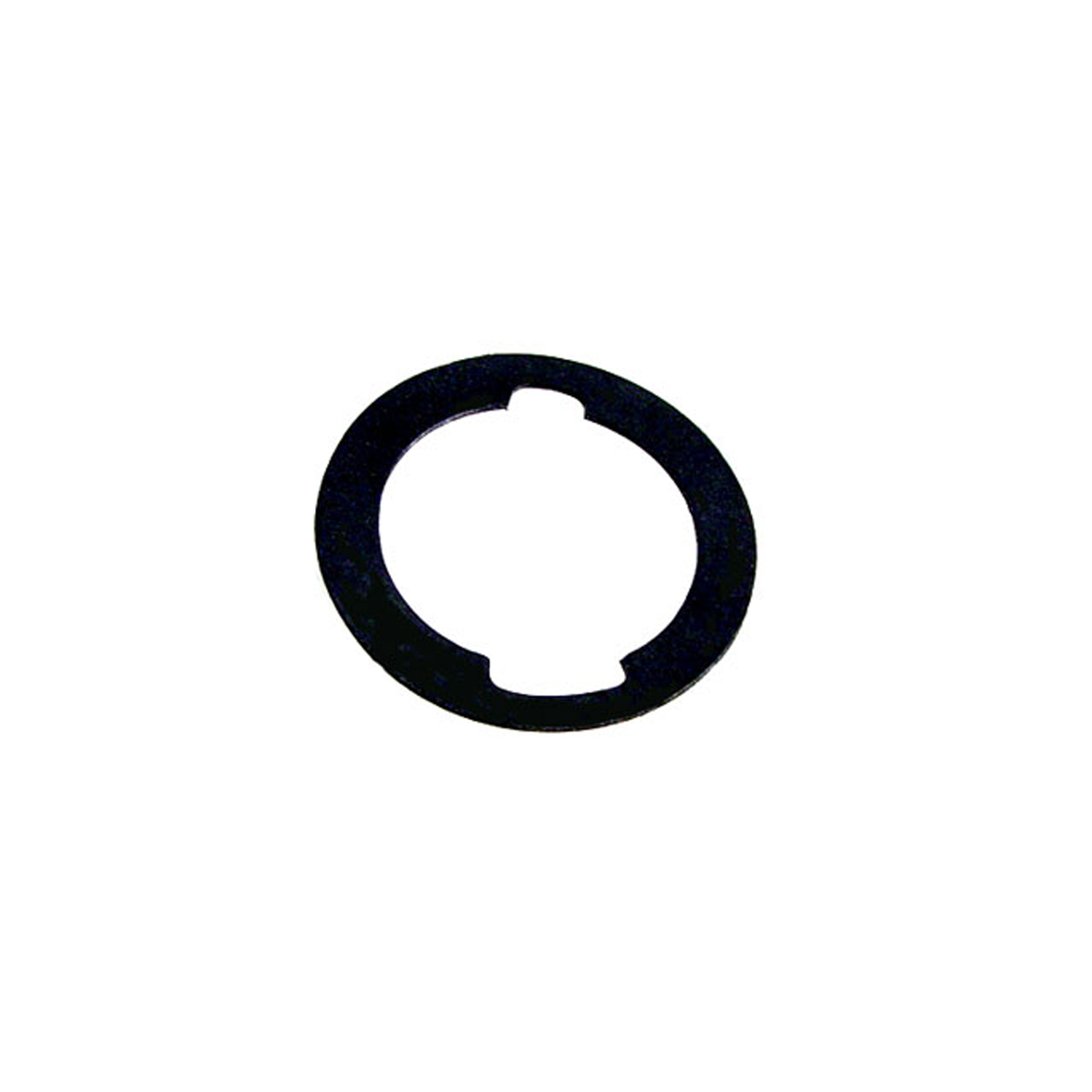 1977 Pontiac Sunbird Unbeaded Door and Trunk Lock Gasket. 1-3/16" O.D., 7/8" I.D-UM 1600-100Unbeaded Door and Trunk Lock Gasket. 1-3/16" O.D., 7/8" I.D. Each
1977 Pontiac Sunbird Unbeaded Door and Trunk Lock Gasket. 1-3/16" O.D., 7/8" I.D-UM 1600-100Unbeaded Door and Trunk Lock Gasket. 1-3/16" O.D., 7/8" I.D. Each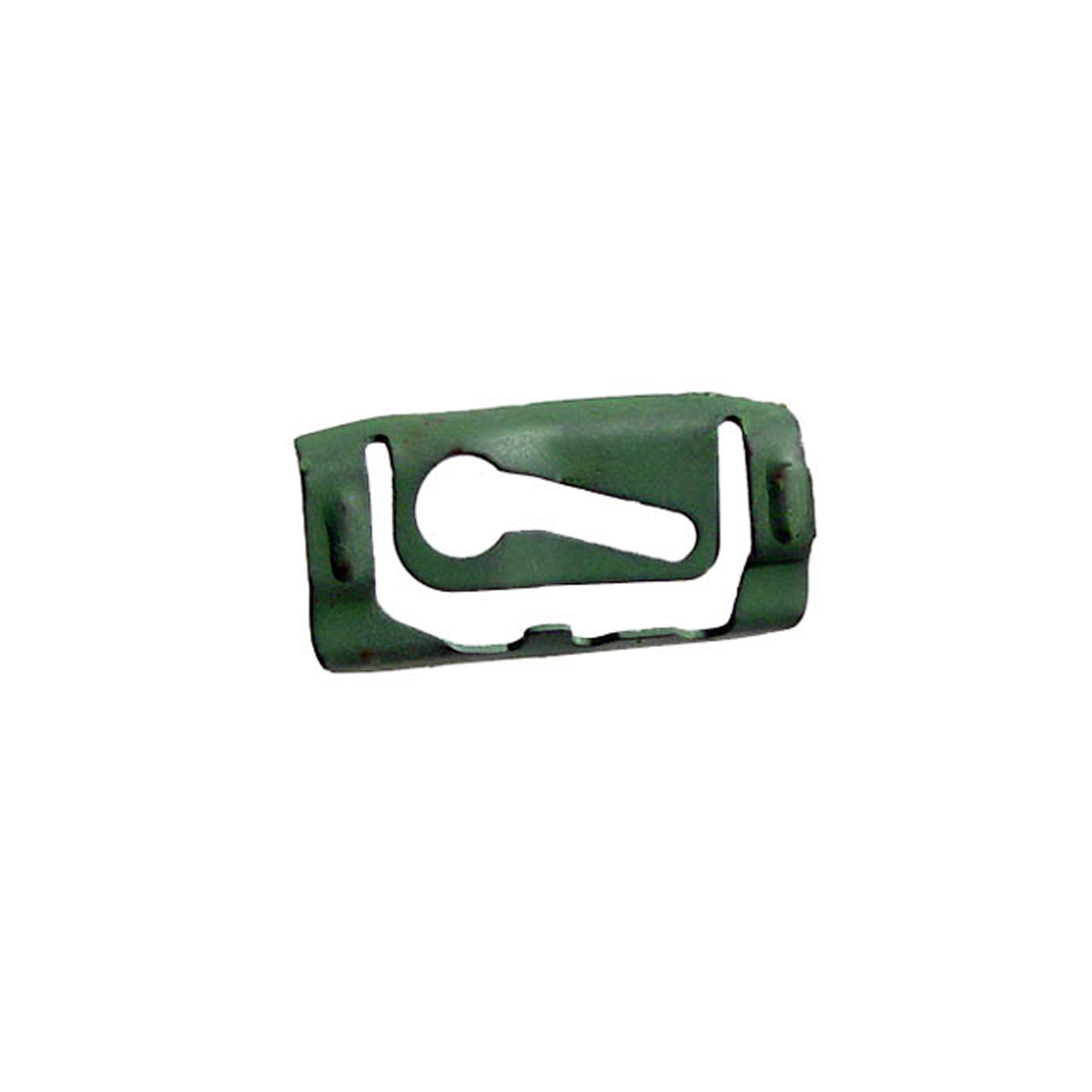 1977 Pontiac Sunbird Quarter Window Reveal Molding Clip. Made of Steel-WF 205Quarter Window Reveal Molding Clip. Made of Steel. 1-3/8" X 11/16". Each
1977 Pontiac Sunbird Quarter Window Reveal Molding Clip. Made of Steel-WF 205Quarter Window Reveal Molding Clip. Made of Steel. 1-3/8" X 11/16". Each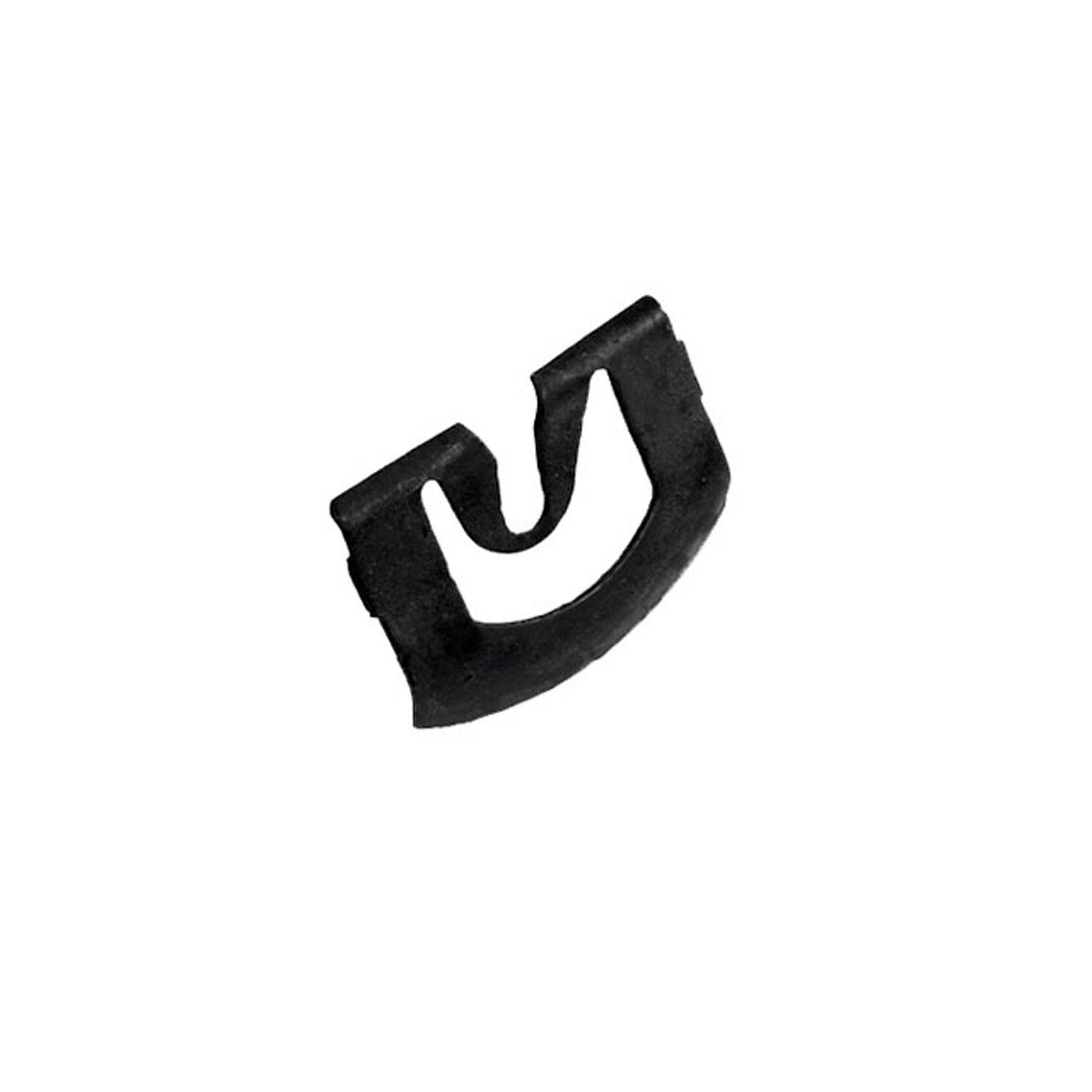 1977 Pontiac Sunbird Windshield Reveal Molding Clip. Made of steel. 13/16" x 1"-WF 209Windshield Reveal Molding Clip. Made of steel. 13/16" x 1". Each
1977 Pontiac Sunbird Windshield Reveal Molding Clip. Made of steel. 13/16" x 1"-WF 209Windshield Reveal Molding Clip. Made of steel. 13/16" x 1". Each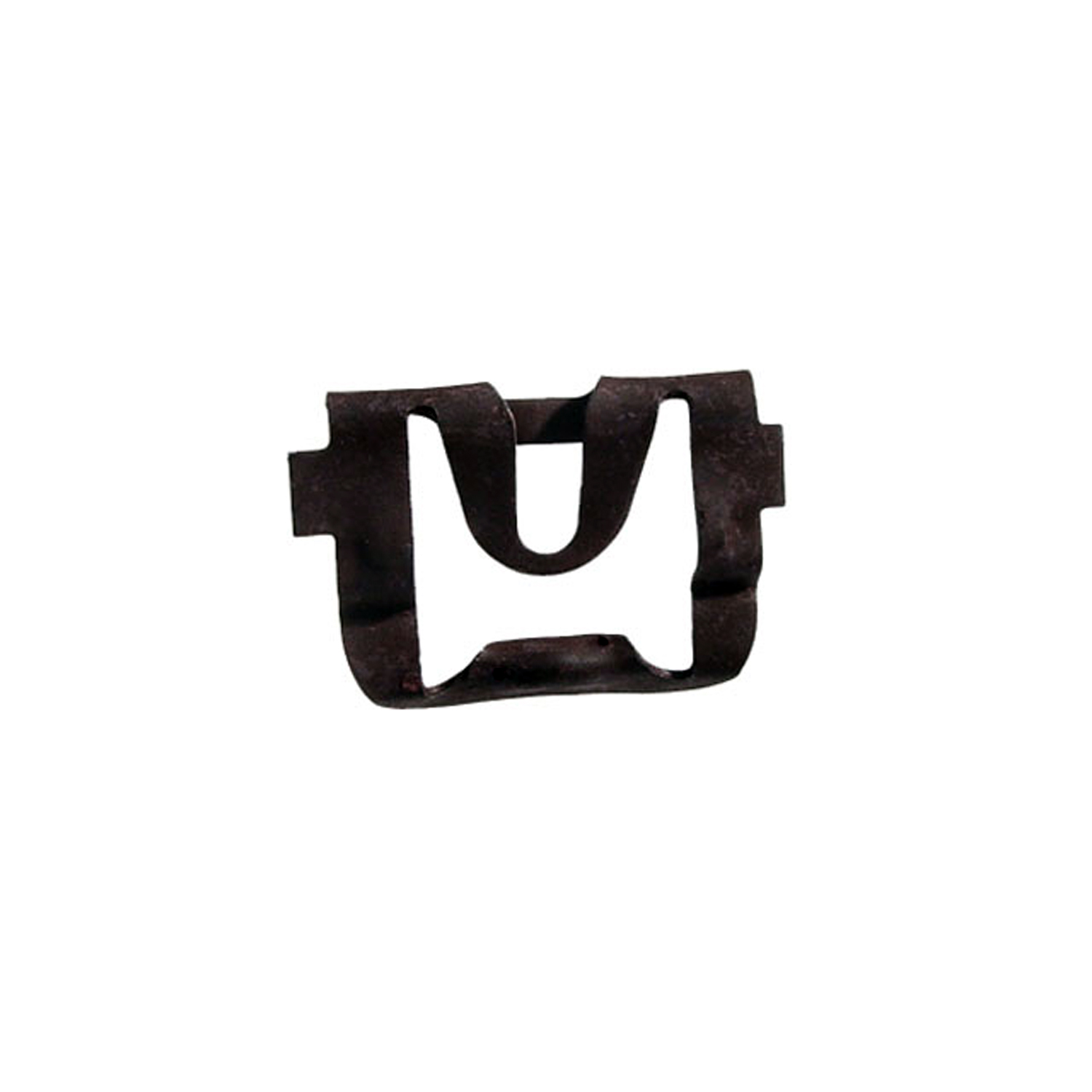 1977 Pontiac Sunbird Rear Windshield Reveal Molding Clip. Made of steel-WF 211Rear Windshield Reveal Molding Clip. Made of steel. 15/16" X 3/4". Each
1977 Pontiac Sunbird Rear Windshield Reveal Molding Clip. Made of steel-WF 211Rear Windshield Reveal Molding Clip. Made of steel. 15/16" X 3/4". Each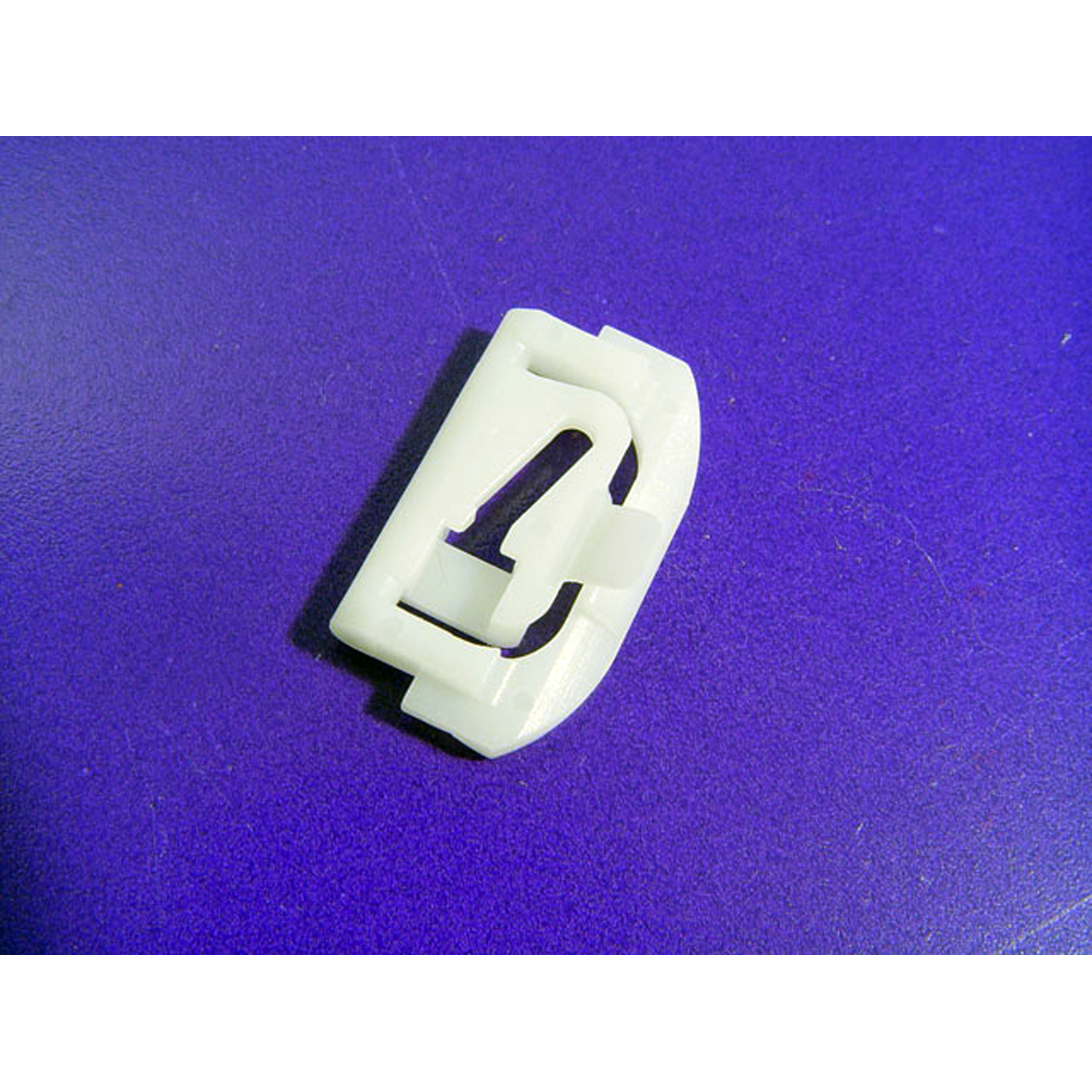 1977 Pontiac Sunbird Lower Side Window Reveal Molding Clip. Made of nylon-WF 214Lower Side Window Reveal Molding Clip. Made of nylon. 1-1/4" x 3/4". Each
1977 Pontiac Sunbird Lower Side Window Reveal Molding Clip. Made of nylon-WF 214Lower Side Window Reveal Molding Clip. Made of nylon. 1-1/4" x 3/4". Each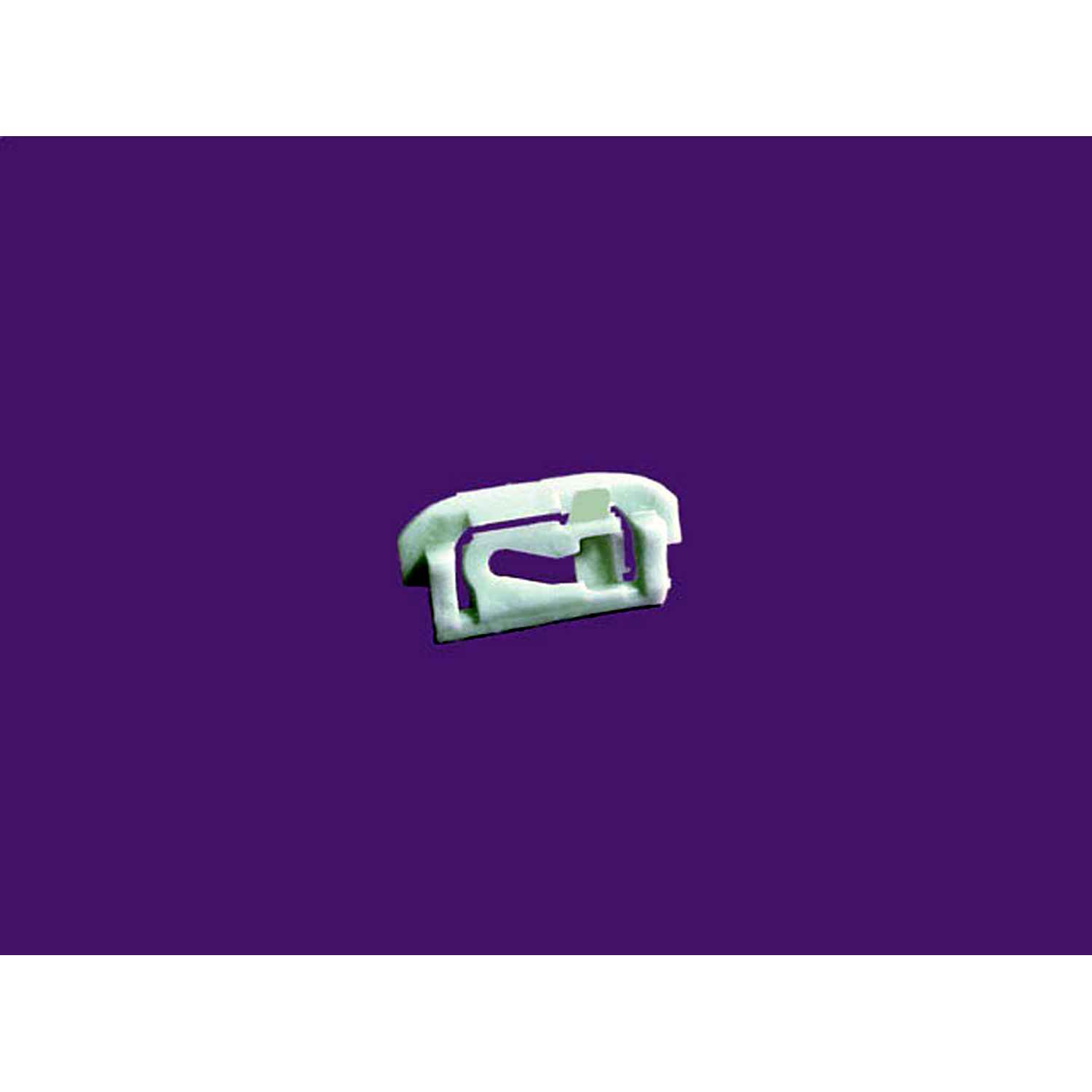 1977 Pontiac Sunbird Windshield and Rear Windshield Reveal Molding Clip-WF 215Windshield and Rear Windshield Reveal Molding Clip. Made of nylon. 1-1/4" X 5/8". Each
1977 Pontiac Sunbird Windshield and Rear Windshield Reveal Molding Clip-WF 215Windshield and Rear Windshield Reveal Molding Clip. Made of nylon. 1-1/4" X 5/8". Each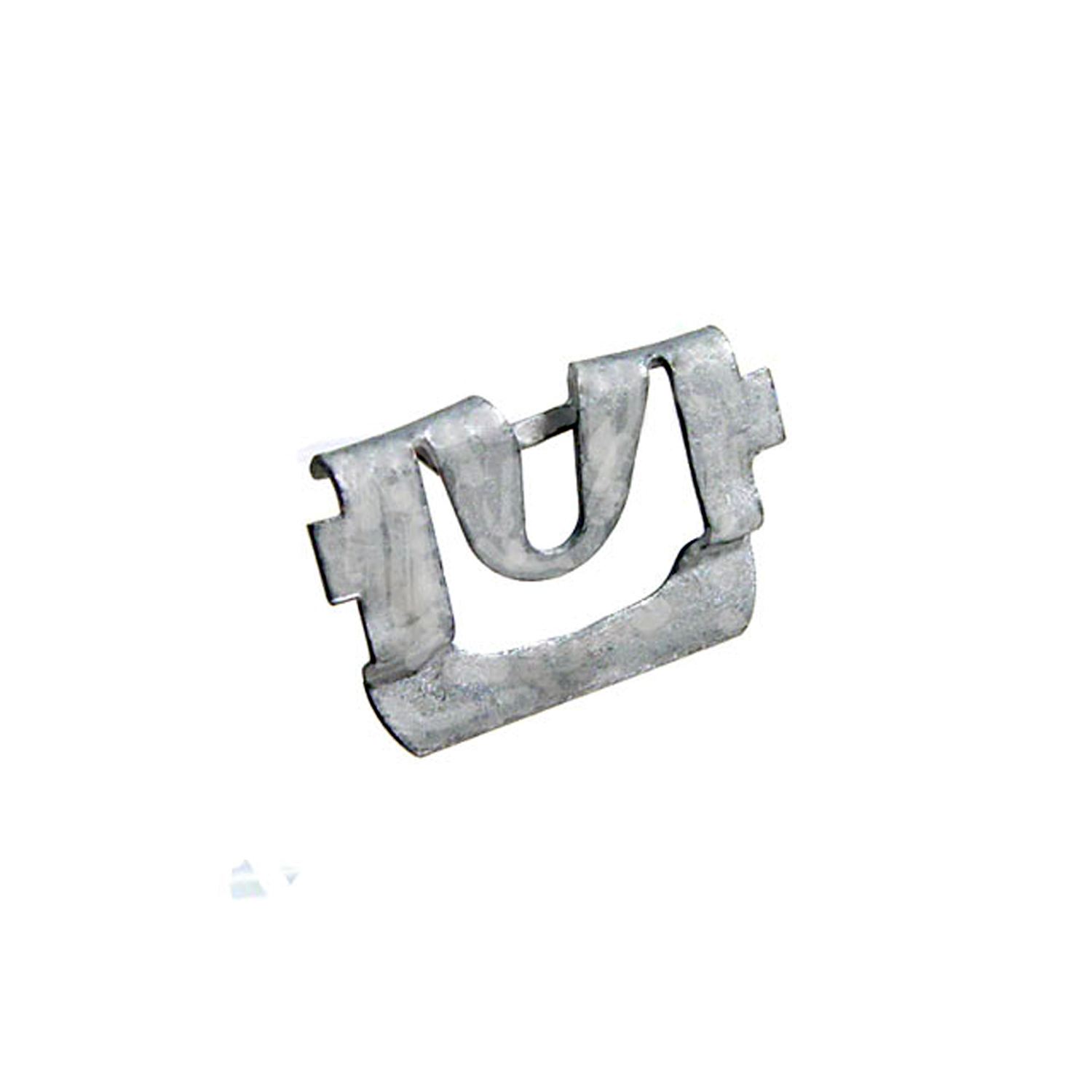 1977 Pontiac Sunbird Windshield Reveal Molding Clip. Made of steel-WF 223Windshield Reveal Molding Clip. Made of steel. 1/1/8" X 3/4". Each
1977 Pontiac Sunbird Windshield Reveal Molding Clip. Made of steel-WF 223Windshield Reveal Molding Clip. Made of steel. 1/1/8" X 3/4". Each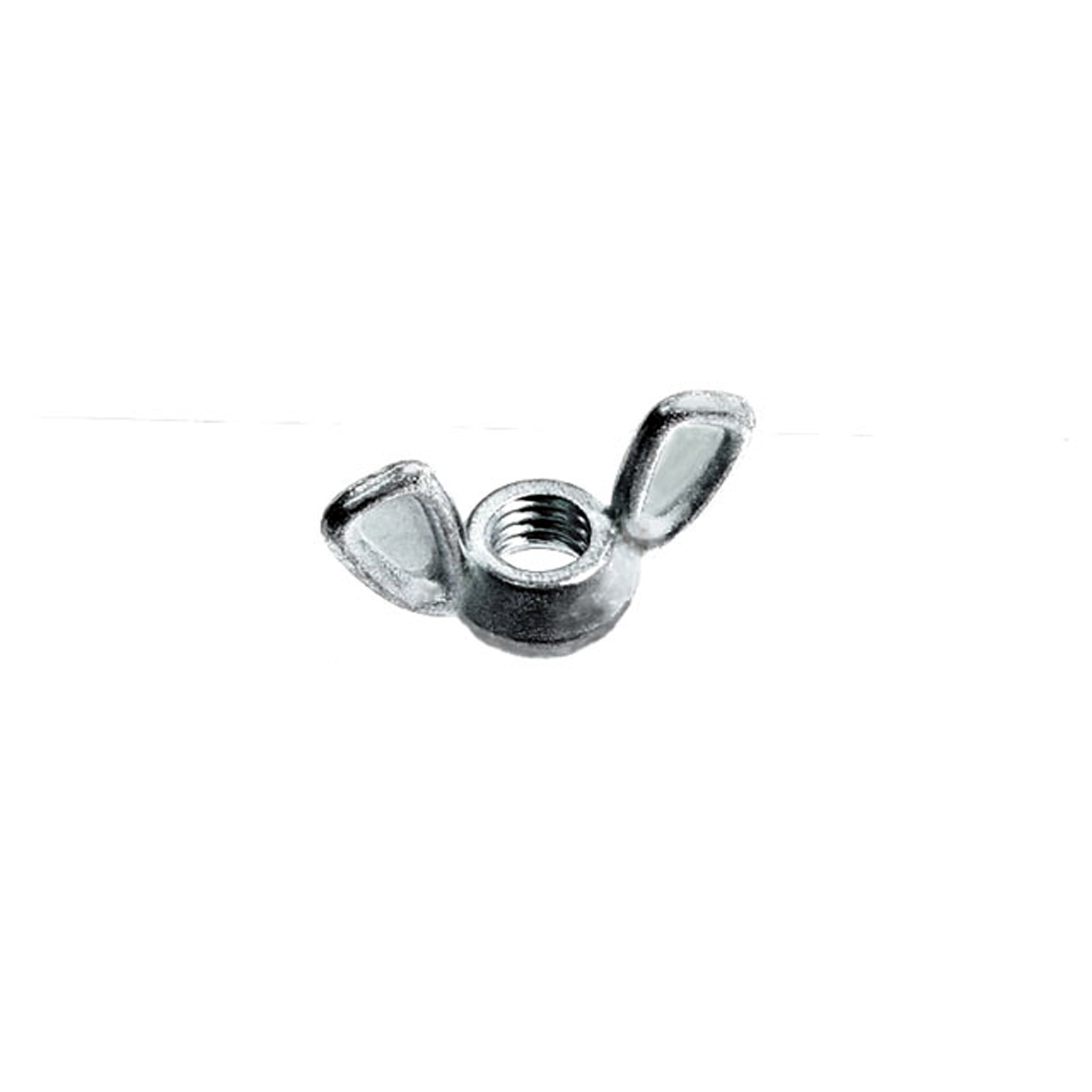 1977 Pontiac Sunbird Jack Handle Tie Down Nut. Replaces OEM #11502763. 8 mm-WF 3502Jack Handle Tie Down Nut. Replaces OEM #11502763. 8 mm. Each
1977 Pontiac Sunbird Jack Handle Tie Down Nut. Replaces OEM #11502763. 8 mm-WF 3502Jack Handle Tie Down Nut. Replaces OEM #11502763. 8 mm. EachWhy Choose Metro?
For over 100 years, Metro Moulded Parts has been the pinnacle of quality in classic car restoration parts. Our commitment to precision and authenticity in every component ensures a perfect fit and an OEM-level appearance.
- Expert Craftsmanship & Quality: Each part is a testament to our dedication to reliability and perfection, crafted from original designs and thoroughly tested.
- Advanced Technology: We use cutting-edge techniques to create flawless, long-lasting parts that surpass others in performance.
- SuperSoft Sponge – The Ultimate Door Seal: Not only are our door seals 30% softer than competitors', but they're also guaranteed to never leak. They effectively reduce wind and road noise, enhancing your classic car's comfort and driving experience.
- Proudly American: Our parts are a product of American craftsmanship, made in the USA with a spirit of excellence and heritage.
- Unrivaled Warranty: We back our products with a 30-year industry-leading warranty, a testament to our confidence in their quality.
Join us in preserving the legacy of classic cars with parts that are crafted for perfection, not just made.

